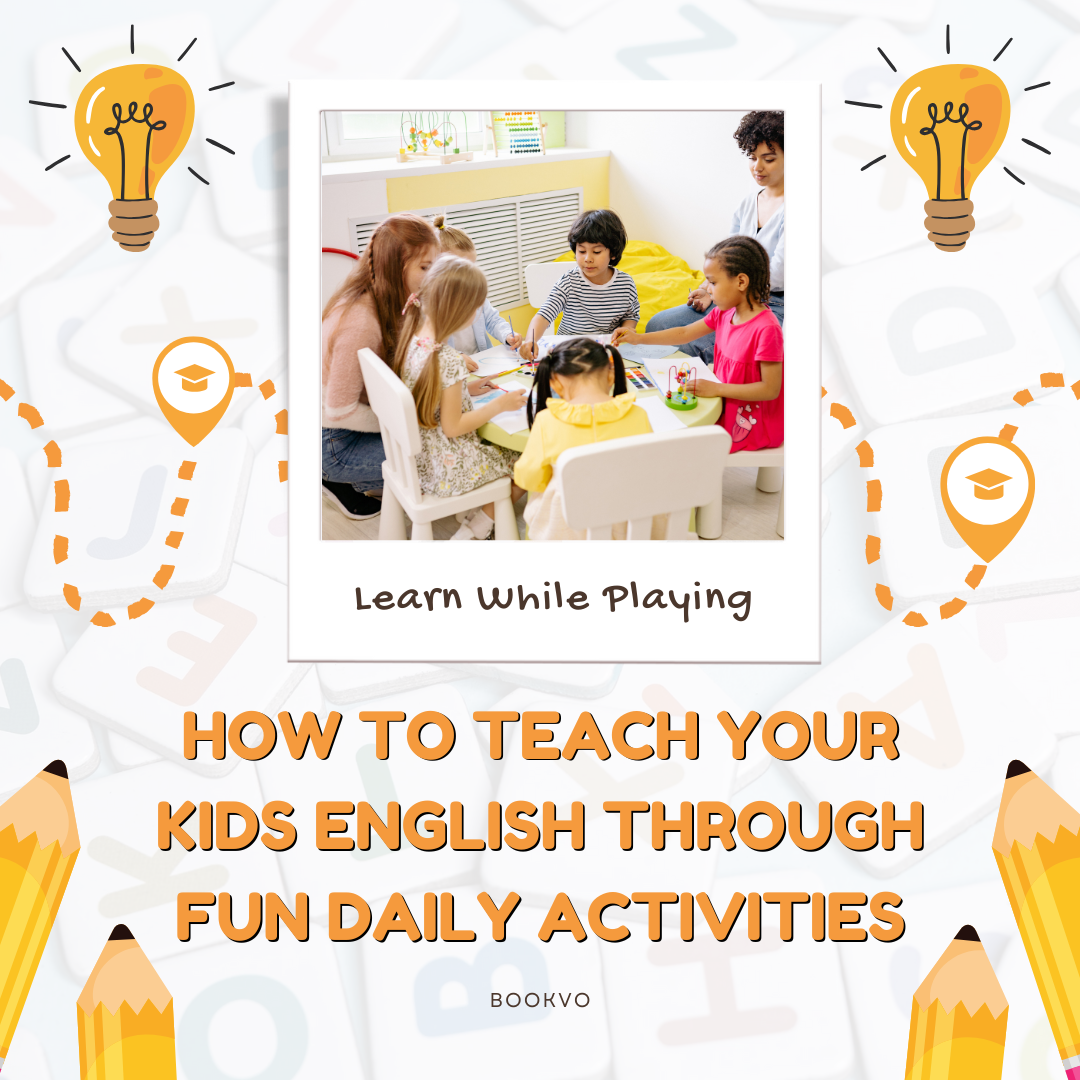Building a rich English vocabulary might seem overwhelming, but it can be surprisingly enjoyable if approached the right way. Here’s a guide to daily habits that will help you learn new words while keeping things fun and engaging!
1. Learn a Word in Context
Instead of memorizing words in isolation, learn them in sentences. For instance:
- Word: Intricate
- Sentence: The artist created an intricate design full of small, detailed patterns. This helps you understand not just the meaning but also how to use the word naturally.
Read our other articles:
How to Think in English: Breaking the Translation Barrier
How to Practice English Speaking Alone
2. Subscribe to a ‘Word of the Day’ Service
Many apps and websites offer a daily word with definitions, examples, and pronunciation guides. For example:
- Word: Effervescent
- Meaning: Bubbling, lively, or full of energy.
- Example: Her effervescent personality made her the life of the party.
3. Create Your Own Flashcards
Write the word on one side and its meaning, synonyms, and an example sentence on the other. Shuffle and quiz yourself during breaks. Apps like Anki or Quizlet can digitize this process for you.
4. Use Mnemonics to Remember Words
A mnemonic is a memory trick. For example:
- To remember the word gregarious (sociable), think: “Greg is always in a group.” It’s silly, but it works!
5. Dive Into Themed Vocabulary
Choose a theme each week, such as “food,” “technology,” or “travel.” For example, in the “travel” theme, you might learn:
- Itinerary
- Embark
- Layover
6. Watch English Media and Take Notes
While watching your favorite English TV shows or YouTube channels, jot down phrases or words you hear often. For example:
- In sitcoms, phrases like “What’s the catch?” or “Take it easy” frequently pop up. Pause, rewind, and mimic their usage.
7. Turn Mistakes Into Lessons
Whenever you encounter a word you don’t understand, don’t just guess. Look it up! Apps like Bookvo can help you instantly understand and practice unfamiliar words.
8. Gamify Your Learning
Compete with yourself or friends by setting weekly word goals. Who can learn 20 words and use them in context first? Apps with vocabulary games can add to the fun.
9. Read Widely
Mix fiction, non-fiction, and articles in your reading. Different genres expose you to a range of vocabulary. For example:
- Fiction: Dialogue-driven, full of idiomatic expressions.
- Non-fiction: Professional or technical terms.
10. Practice, Practice, Practice
Words only stick when you use them. Challenge yourself to include new words in:
- Conversations: “I’ve been feeling so lethargic lately.”
- Social Media: “Today’s sunset was truly mesmerizing.”
Making It Fun
Expanding your vocabulary doesn’t have to be a chore. By integrating these tips into your daily routine, you’ll not only improve your English skills but also gain a new appreciation for the beauty of the language.
Download Bookvo Now!










